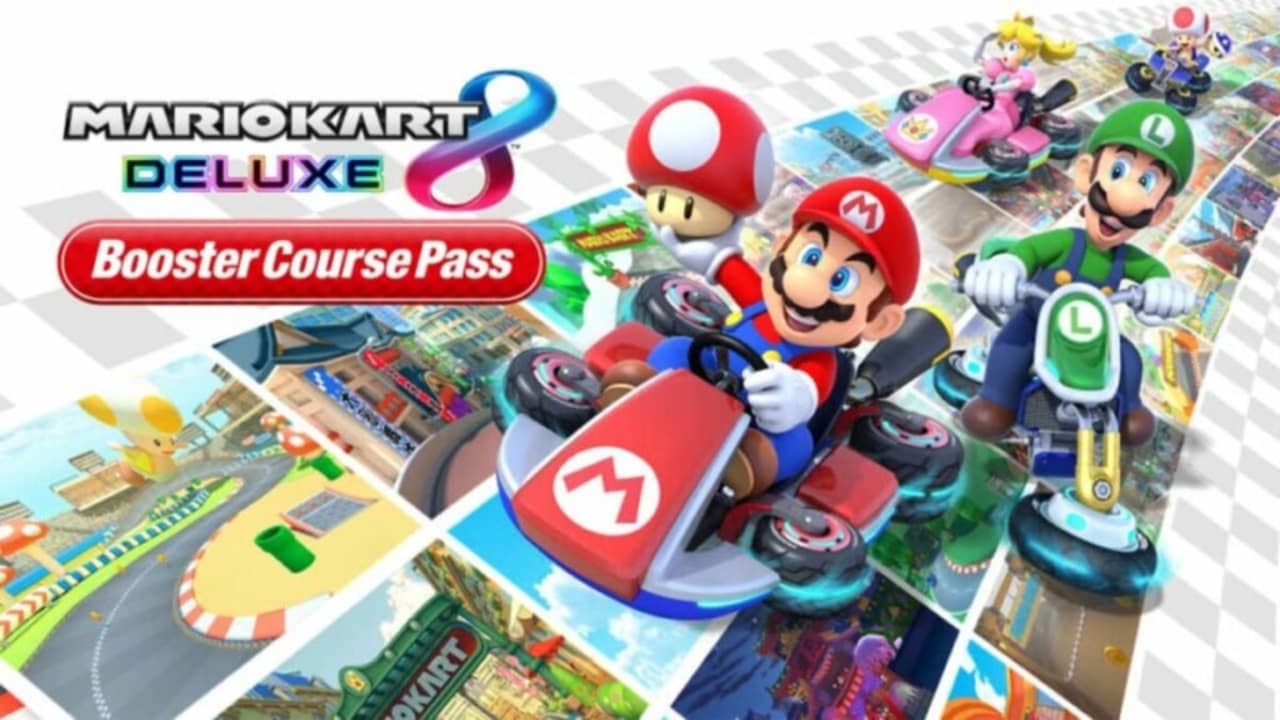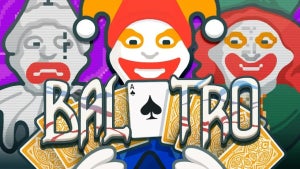Imagine that tomorrow you go to buy bread and the baker, who has always given you the classic loaf, this time gives you a crust without crumb and tells you that this is a new sales strategy: if you want the crumb you have to pay for it separately. It’s not necessary to enjoy the food, right? Well, that’s basically what we gamers have assumed with DLC. Yeah, of course I don’t mind if you sell me the game half-assed. No, sure, an unreleased story, a map and a dress. Of course I want to pay even more. That’s all it would take.
Quarter and half gameplay
It’s said that the game that started the DLC ban (even though PC gamers already knew what it was like to have half-baked games with Expansion Packs) was ‘Total Annihilation’ in 1997 with free updates and new maps. Obviously, that wasn’t going to last forever. Soon, even the Nintendo DS would have downloadable levels for ‘Professor Layton’ or ‘Picross’. And now we live in a world where we are perfectly aware that paying 60 euros for a game is really just the beginning.
That video game companies see us as mere cows to be milked for all our milk is clear. That we have accepted as a positive symptom systems to do it to us as the Season Pass is like to ask ourselves things. Mainly, why all this content is not directly in the game? For example, ‘Mario Kart 8 Deluxe’ on Switch. Yes, of course I appreciate having 48 additional tracks to those I already had on Wii U: what I do not know is why they were not already included as standard.

At least Mario and his friends get quality content. Imagine being a big fan of ‘Oblivion’ and ending up paying for the famous horse armor (which cost two and a half euros, no less), or being the best at playing ‘Madden 2010’ and paying to get a new difficulty level. If you are one of those who pay money to get new skins, don’t you remember that in ‘Street Fighter III: Third Strike’ they made you take out your wallet to be able to… change the color of your character’s clothes? If they do this kind of thing it’s because it works: no matter how much fans complain, the people responsible for ‘Asura’s Wrath’ will probably end up making gold with the idea of taking out the end of the game separately after giving them 7 euros. True Ending’, they called it. It takes a lot of guts.
Not just DLC
Downloadable content and Season Passes have become part of our lives so quickly that it seems we gamers even thank the companies for squeezing as much money out of us as they can. Yes, sure, a DLC for ‘Horizon’ or ‘The Witcher 3’ in which new areas of the map open up to us and the story gets bigger is not the same as a pack of lamps for ‘The Sims 3’, but the feeling is the same.

But on the other hand, if we jump through the hoops of microtransactions in mobile games, we can swallow in everything. “Pay to not wait”, “Pay to get more lives”, “Pay to spin the roulette”, “Pay to get new weapons”. Pay, like this, in general. Until we have reached the zen coexistence of ‘Marvel Snap’, in which leaving money is really only a possibility for the very eager, we have had to eat thousands of ‘Candy Crush’. Even Duolingo is sold as a game with microtransactions! Want to learn Italian? Then you have to pay the cashier.
The early access, the betas that you can play after you checkout, the skins and clothing packs… Game developers seem to have forgotten about creating complete experiences: why, if we are going to pay for them later? Let’s not forget that titles like ‘Call of Duty Black Ops: Cold War’ have so much DLC that it is literally a bottomless pit that also differentiates between people who can afford the best weapon and those who cannot. Pay to be the best.
True, it feels good to be able to test a game before its official release, and to know that when you finish it there will be more adventures – even to be able to differentiate yourself from the rest in online mode with a costume you’ve paid for, or to use a card not yet released to the rest that destabilizes the game! And yet, there is something deeply wrong with all this, as if we were aware that not so long ago this would be considered selling an incomplete game or cheating. It’s the world of gaming today. Get your wallet out. We’ll talk later.


